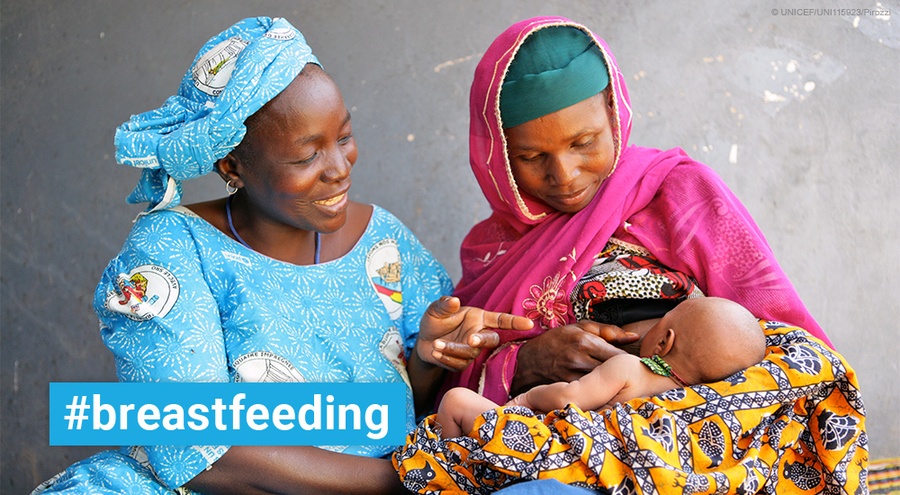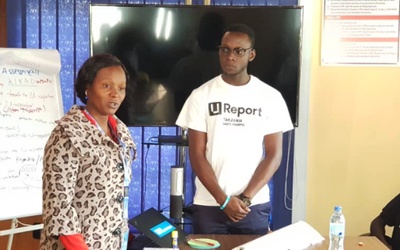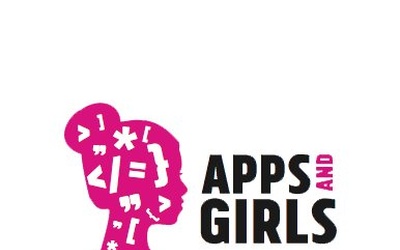Global Breastfeeding Collective
The Global Breastfeeding Collective brings together implementers and donors from governments, philanthropies, international organizations, civil society and is led by UNICEF and the World Health Organization (WHO).
The Initiative’s vision is a world in which all mothers have the technical; financial; emotional; and public support they need to start breastfeeding within an hour of a child’s birth, to breastfeed exclusively for six months, and to continue breastfeeding—with complementary foods—for two years or beyond. The Initiative’s mission is to rally political; legal; financial; and public support, so rates of breastfeeding increase, which will benefit mothers, children, and society.
The Global Breastfeeding Collective has three strategic goals:
- Foster leadership and alliances and effectively integrate and communicate breastfeeding messages.
- Mobilize resources and promote accountability.
- Build knowledge and evidence to enhance breastfeeding policies, programmes, financing and communication.
Breastfeeding saves lives and is one of the most cost-effective investments a country can make.
The benefits of breastfeeding touch everyone, preventing childhood illnesses, increasing IQ, decreasing mothers’ risk for breast cancer and lowering healthcare costs for families and societies.
Often though, the responsibility for breastfeeding is put solely on the shoulders of mothers – without considering the immense social, political and environmental barriers to breastfeeding that exist in nearly every country in the world.
No mother should breastfeed alone: support for breastfeeding is a collective responsibility. Mothers who breastfeed need time, space and resources to support their decision. This includes access to skilled lactation counselling, support from families and communities, and policies such as paid maternity leave and nursing breaks.
Led by UNICEF and WHO, the Global Breastfeeding Collective launched as a partnership of 20 international agencies (see below) with the goal of increasing investment in breastfeeding worldwide. Put simply, this means getting mothers and babies everywhere the support they need – especially from their governments – to breastfeed whenever and wherever they choose.
.jpg)
The Global Breastfeeding Collective envisions a world where all mothers have the financial, emotional, and public support they need to breastfeed. We work to rally political and financial support from governments and other stakeholders to increase breastfeeding worldwide, benefitting mothers, children, and society.
August 1st, 2017 marks the Global Breastfeeding Collective’s official launch, coinciding with World Breastfeeding Week. This year, World Breastfeeding Week calls on governments and decision-makers to forge new global partnerships and to invest in and support breastfeeding for a more sustainable future.
Breastfeeding and sustainable development go hand in hand. By increasing breastfeeding, we can save 820,000 lives annually, improve the health and well-being of women and children, and build a healthier, more prosperous future. These actions will help achieve the central goals of the 2030 Sustainable Development Agenda.

Investing in breastfeeding
Investing in breastfeeding means implementing and funding programmes and policies to promote and protect breastfeeding. We know these investments work: improving access to skilled lactation counselling and education has been shown to increase exclusive breastfeeding rates by 90 per cent; and access to paid maternity leave can increase exclusive breastfeeding rates by more than 50 per cent.
These investments in breastfeeding are the right thing to do – and they make good economic sense. Breastfeeding keeps children and mothers healthy, reducing health care costs and building smarter workforces. According to the latest research published in The Lancet:
• 20,000 deaths due to breast cancer could be prevented each year by improving breastfeeding practices.
• Increased breastfeeding can prevent nearly half of all diarrhea episodes and one-third of all respiratory infections, decreasing hospital admissions by 72 per cent and 57 percent respectively.
• Breastfeeding boosts IQ among children and adolescents – an increase of 3 points on average.
Breastfeeding is a powerful solution for improving global health and welfare, but we need smart financial commitments to implement it. The Global Breastfeeding Collective is calling for $5.7 billion over ten years – an average of $570 million per year – to support breastfeeding in low- and middle-income countries. These funds would be enough to achieve the global exclusive breastfeeding target (> 50 per cent) and would translate into a cost of only $4.70 per newborn.
Improved breastfeeding is not just important for individual children and their families: it is also a tool for building more prosperous societies and nations. These investments in breastfeeding will yield $298 billion in economic gains over 10 years across all low- and middle-income countries. Every $1 invested has the power to generate $35 in economic returns.
Read more about the investment case for breastfeeding, http://www.who.int/nutrition/topics/global-breastfeeding-collective/en/







